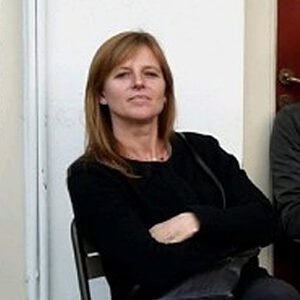Teaching Pharmacology to (bio)medical students is a prominent role of the department of Translational Neuroscience. Through the years the method of teaching basic science subjects like Pharmacology has changed. As a result, we no longer teach pharmacology as an independent subject with a separate final examination. Instead, it is integrated with other subjects.


This integrated medical curriculum has advantages, such as better integration of clinical and preclinical subjects. It also has its disadvantages, such as the absence of separate examination on Pharmacology. Due to curricular integration, students could still graduate despite having sub-optimal knowledge of the subject.
Our faculty members Rahul Pandit, PhD and Mirjam A. F. M. Gerrits, PhD continuously improve the teaching quality within the department and UMCU. In the current paper, they aimed to investigate and address the drawbacks of the methods of examination within the integrated medical curriculum. To achieve this, they looked into one specific aspect of Pharmacology (Pharmacokinetics) and shown that the student knowledge is on this topic is sub-optimal. In addition, they suggest a few solutions to address this issue. Please visit here to view the article published as open access in Medical Science Educator.